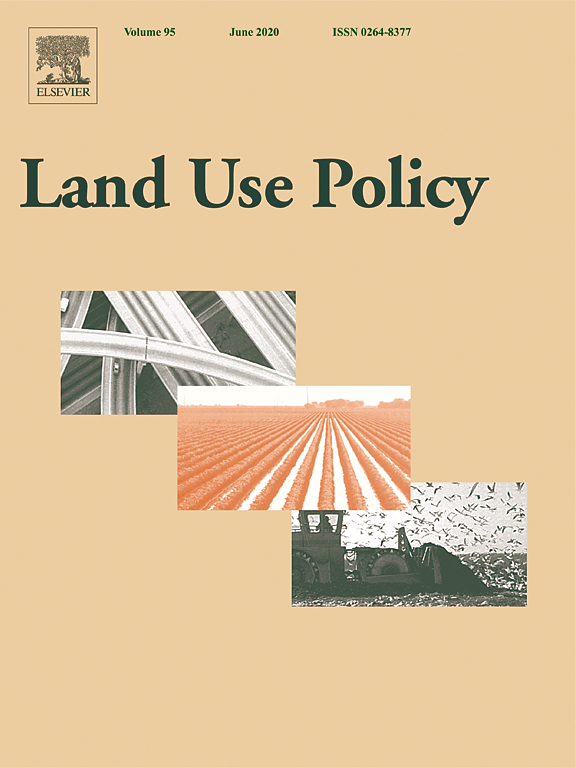Adaptive biodiversity management of semi-natural hay meadows: The case of West-Norway
Worldwide semi-natural habitats of high biological value are in decline. Consequently, numerous Agri-Environment Schemes (AESs) intended to halt biodiversity loss within these habitats have been implemented. One approach has been the application of “adaptive management”, where scientific knowledge is applied alongside the traditional ecological knowledge (TEK) of stakeholders in order to establish an integrated approach that is adjusted as outcomes are assessed. In this paper we examine the effectiveness of the adaptive management approach of Norway’s Action Plan for Hay Meadows (APHM).



